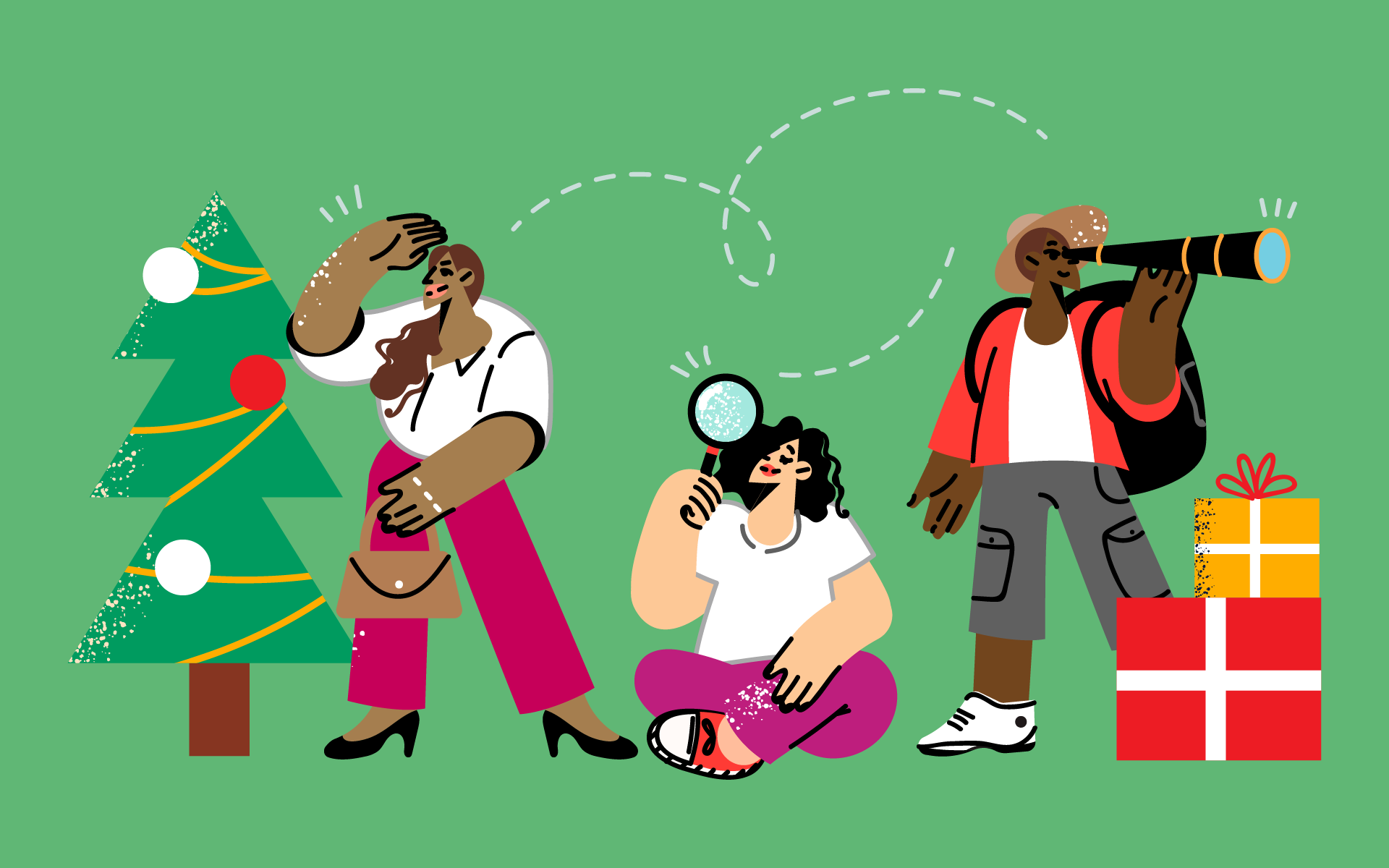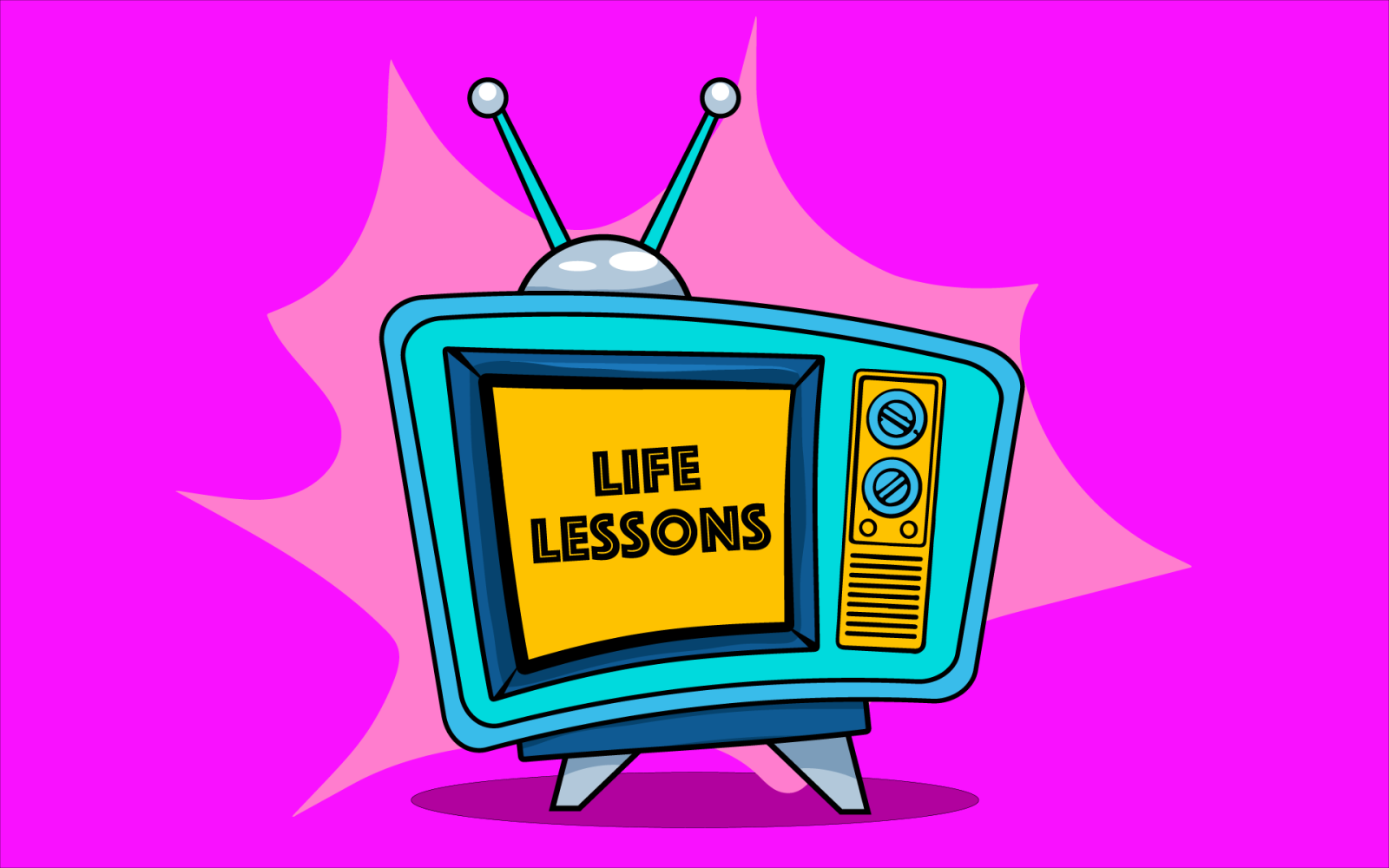Why it’s time to play a new role at the family table this holiday season

Choose to be the change you wish to see in your family story.
It’s December, and many of us are preparing for familiar scenes around holiday tables, sitting in the same chairs, having the same conversations, playing out the same dynamics. What if this year could be different?
What if, instead of falling into well-worn patterns, we could use this time to experiment with new ways of showing up in our relationships?
Let’s begin by expanding our understanding of family.
Whether it’s the family we were born into, the friends who’ve become family, our beloved pets, or the communities we’ve chosen, these connections shape our experiences and offer rich opportunities for growth and change.
Family isn’t just about genetics and bloodlines. It’s about meaningful connections that nurture and challenge us.
Research in identity development suggests that meaningful personal change often starts with playful experimentation.
Just as children learn through play, adults can use this approach to try new ways of being.
Think of it as rehearsing for a play. You’re not committed to the role forever, but you’re giving yourself permission to explore different possibilities. What might this look like in practice?
Maybe you’ve always been the quiet one at family gatherings, happier to help with dishes in the kitchen than to take part in heated discussions and debates.
What if, this year, you experimented with being more vocal about your interests? What if you led the conversation, rather than fleeing from it? This might feel daunting, but it can be empowering.
Or perhaps you’re the family fixer, the one who smooths things over and makes everything work. This year, could you practise stepping back and allowing others to take the lead?
Could you leave them, assuming they are all grown adults, to solve their problems?
(As an aside, there is value in letting kids solve their own problems too, with gentle guidance to move things in a positive direction.)
Social psychologist Albert Bandura believes we learn most effectively by observing and modelling behaviours.
When we change how we show up in relationships, we create ripple effects that can transform family dynamics.
It’s not about making dramatic declarations or forcing change. It’s about modelling new ways of interacting, being the change, and allowing others to adjust naturally.
One practical tool for approaching this change is the Connection Map.
Try mapping your key relationships, identifying those that are strong, weak, or in need of renewal.
Choose one relationship you’d like to strengthen this holiday season. What small changes could you make?
Perhaps it’s practising active listening with your chatty aunt, engaging with her stories instead of nodding as your eyes glaze over.
Maybe it’s expressing sincere appreciation for your friend’s consistent support, or sharing more of your thoughts and feelings with a sibling.
Active listening is one of the best things you can do for almost anyone. Most people appreciate someone really hearing and seeing them.
Instead of viewing the holidays as a time of fixed traditions and roles, think of them as an opportunity for gentle experimentation.
Maybe you could take a cooking class and bring your creations to the family gathering. Maybe you could share a newly discovered passion or hobby, or initiate conversations about topics that truly interest you.
In this way, you could create space for others to show up differently too, and even start a new tradition that reflects who you are.
The key is to approach these changes with playfulness and curiosity, instead of pressure or obligation.
When we frame our actions as experiments rather than permanent changes, we give ourselves permission to try, adjust, and try again.
This can be particularly powerful during the holiday season, which often intensifies family dynamics.
Rather than bracing for old patterns or trying to force dramatic changes, view each interaction as an opportunity to experiment.
To support this process, try ending each day with a brief reflection. What felt different about how you showed up today?
What surprised you about the responses? What would you like to try tomorrow?
This kind of reflection helps us to notice patterns, celebrate small shifts, and identify opportunities for further exploration.
Remember, you’re not trying to overhaul everything at once. Instead, like any form of play, this is about exploration and possibility, not perfection.
The goal isn’t to become a different person, but to allow yourself, and by extension, your family relationships, to evolve naturally.
Sometimes the smallest changes can open up fresh possibilities in even the most established relationships.
After all, transformation in families often happens not through grand gestures, but through small, consistent shifts.
By giving ourselves permission to experiment playfully with new ways of being, we create space for everyone to grow, evolve, and connect.
The most meaningful gift we can offer our families, however they’re defined, is the freedom to be who we are and to keep becoming who we’re meant to be.
This holiday season, choose to be the change you wish to see in your family story.




